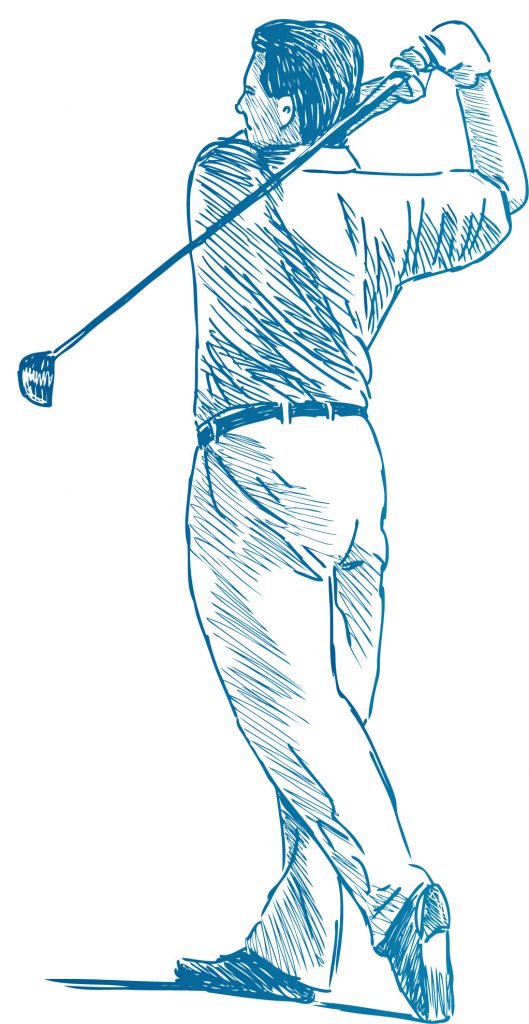Deliberate Practice
Cultivating Hope
Without hope, there is no Persistence. Therefore, it is the leader’s job to cultivate hope. Hope is the only way people keep moving forward. It is the seed of motivation behind deliberate practice
jamesclear.com/beginners-guide-deliberate-practice
In some circles, Ben Hogan is credited with “inventing practice.”
Hogan was one of the greatest golfers of the 20th century, an accomplishment he achieved through tireless repetition. He simply loved to practice. Hogan said, “I couldn’t wait to get up in the morning so I could hit balls. I’d be at the practice tee at the crack of dawn, hit balls for a few hours, then take a break and get right back to it.”
For Hogan, every practice session had a purpose. He reportedly spent years breaking down each phase of the golf swing and testing new methods for each segment. The result was near perfection. He developed one of the most finely-tuned golf swings in the history of the game.
His precision made him more like a surgeon than a golfer. During the 1953 Masters, for example, Hogan hit the flagstick on back-to-back holes. A few days later, he broke the tournament scoring record.
Hogan methodically broke the game of golf down into chunks and figured out how he could master each section. For example, he was one of the first golfers to assign specific yardages to each golf club. Then, he studied each course carefully and used trees and sand bunkers as reference points to inform him about the distance of each shot.
Hogan finished his career with nine major championships—ranking fourth all-time. During his prime, other golfers simply attributed his remarkable success to “Hogan’s secret.” Today, experts have a new term for his rigorous style of improvement: deliberate practice.

Deliberate practice refers to a special type of practice that is purposeful and systematic. While regular practice might include mindless repetitions, deliberate practice requires focused attention and is conducted with the specific goal of improving performance. When Ben Hogan carefully reconstructed each step of his golf swing, he was engaging in deliberate practice. He wasn’t just taking cuts. He was finely tuning his technique, analyzing each swing, and getting feedback from coaches.
Deliberate practice is not a comfortable activity. It requires sustained effort and concentration. The people who master the art of deliberate practice are committed to being lifelong learners—always exploring and experimenting and refining.
Deliberate practice is not a magic pill, but if you can manage to maintain your focus and commitment, then the promise of deliberate practice is quite alluring: to get the most out of what you’ve got.
“We must accept finite disappointment, but never lose infinite hope.”
MARTIN LUTHER KING, JR.